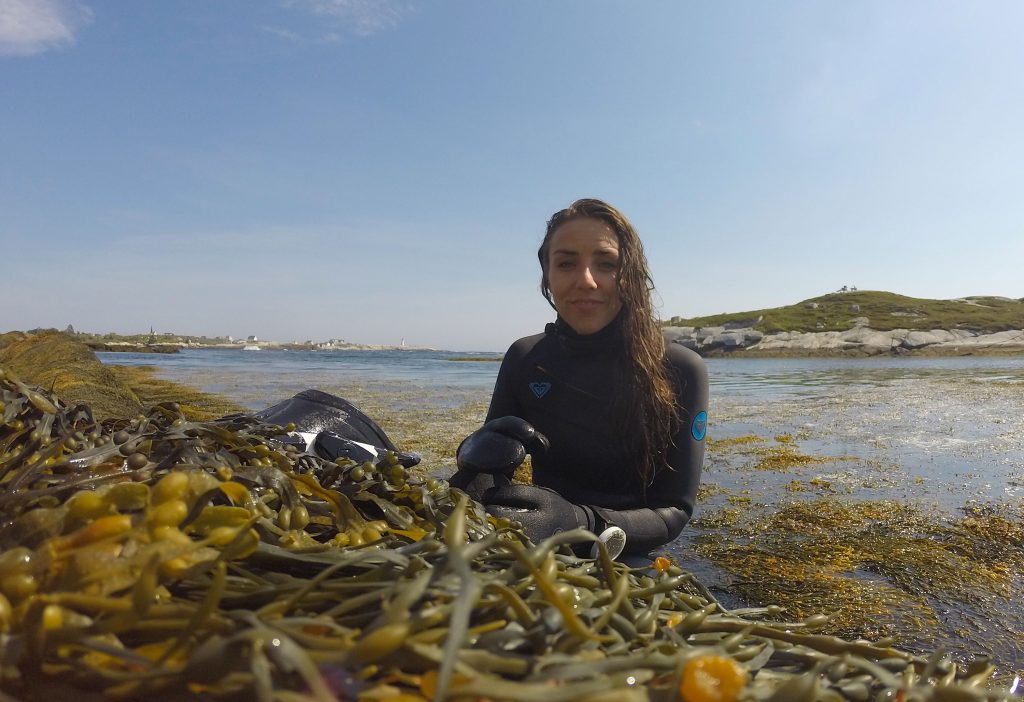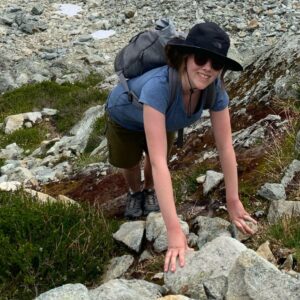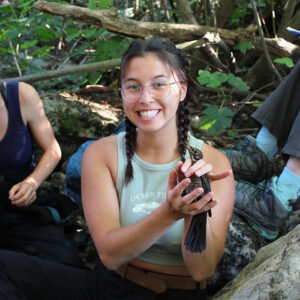The 2017 Charles Labatiuk Scholarship Award Recipient
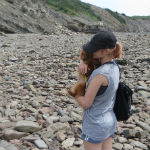
Amanda Simard, Guest Blogger
This blog was written by guest blogger Amanda Simard.
Jessica Bradford is the 2017 recipient of Nature Canada’s Charles Labatiuk Scholarship Award. Jessica is currently pursuing a Master of Marine Management (MMM) degree at Dalhousie University in Halifax, Nova Scotia. We spoke to her briefly about her schooling and how it contributes to nature conservation.
Can you tell us a little about what you are studying?
The MMM degree is an interdisciplinary approach to marine management and conservation. By looking through the lens of both natural sciences and social sciences, we can approach conservation from a more balanced perspective and, hopefully, find better solutions. The courses are broad ranging from oceanography, marine science and technology, coastal zone management, and policy, as well as including more specific courses like one on marine protected areas.
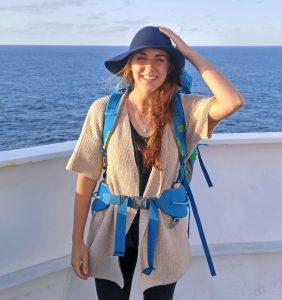
Jessica Bradford
During my time in the program, I’ve found one of the greatest challenges we face is looking at the issues from a variety of perspectives: political, environmental, social, technological… the list goes on. It can be difficult to keep all these different positions in mind, but it’s so important when it comes to finding solutions.
Can you describe your graduate project and how it contributes to sustainability?
Of course! Currently, I am looking into the concept of “underwater community gardens,” or, more specifically, community-based mariculture of shellfish and/or seaweeds. The research will look at what small-scale community-based mariculture of shellfish and seaweeds could do in terms of food security, sustainability, economic development and general well-being for the communities.
Involving communities in the design and management of these marine gardens could possibly do more than provide them with an additional source a food or income. It may offer a means for the community to connect with the marine environment, for people to learn about marine life in their coastal waters and discover the issues it is currently facing. In a sense, it could also open up opportunities to expand ocean literacy and stewardship. This engagement, awareness and understanding is critical for environmental conservation efforts.
Can you elaborate about this need for increased ocean literacy?
Sure. I’m generalizing a little here but, when it comes to the ocean, there is a certain disconnect – and this may be especially true in regions with colder waters. It’s an “out of sight, out of mind” kind of thing where, without much opportunity to engage with marine environments, it can be easy to forget about them. Whether you live on the coast or not, the health of our oceans has impacts elsewhere. I think it is really important to provide people with the opportunity to interact with these environments. By empowering people through education and stewardship, we can make a real difference.
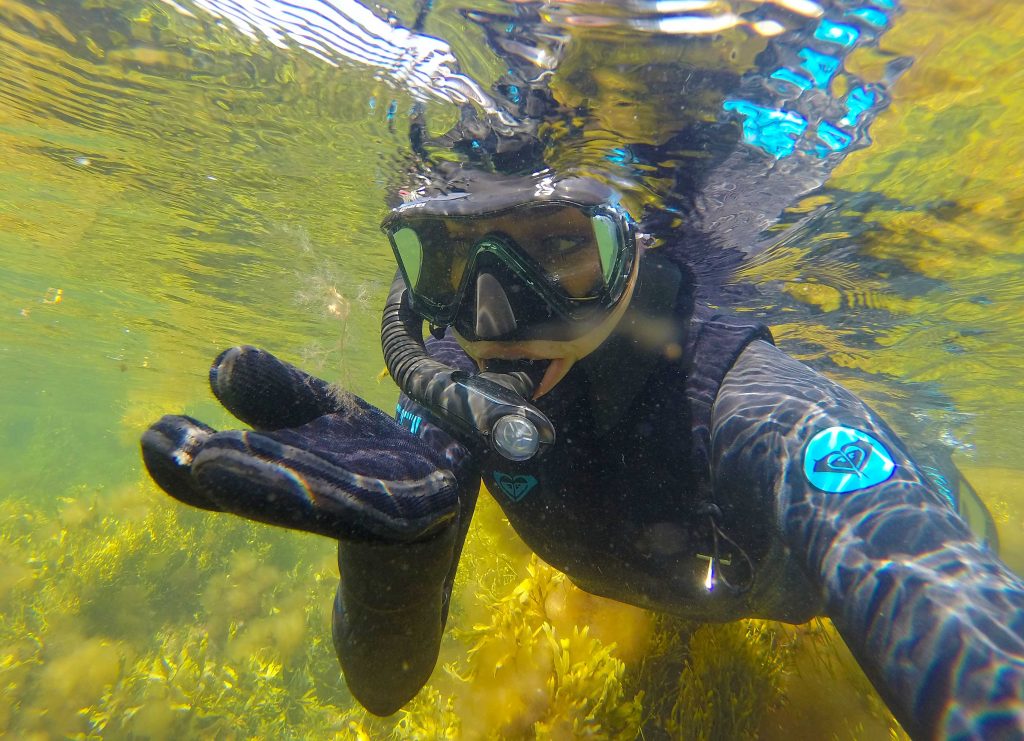 Can you describe where your love of nature and the ocean come from?
Can you describe where your love of nature and the ocean come from?
Like for so many others, it started when I was young. It was family camping trips, trips to the beach, countless hours spent in the woods… These moments have always been important to me. As I grew older, I was able to channel my love of nature into a job when I worked for a few years for the Nature Trust of New Brunswick before deciding to return to school.
I think my love of the marine environment in particular probably comes from my parents – my dad worked as an oceanographer for the Navy for many years and my mom comes from rural coastal Newfoundland. I also grew up in Halifax surrounded by the ocean, so the ocean has always been part of my awareness. These days, I spend as much time in the water as I can – scuba diving, snorkelling, or working on my surfing skills. It’s my way of staying connected to our marine ecosystems, as well as supporting my own mental health. I also love to bring others along with me – it’s a great shared experience.
On a less serious note, do you have a favourite animal?
That’s a good question! You know, there are just so many that it is difficult to choose.
I have to say I like sea turtles a lot. To this day, I spend time volunteering with the Canadian Sea Turtle Network and I’ve worked with nesting sea turtles in Costa Rica in the past. That said, I’m notorious in my classes for always bringing everything back to seabirds and shorebirds! I find them fascinating and the issues they face are without borders. So many different ecosystems impact their health and, with their amazing and lengthy migrations, seabird and shorebird conservation requires countries to work together.
I also have a soft spot for marine invertebrates like sea urchins and sea stars. I volunteer with an organization called Back to the Sea Society, supporting their ocean education efforts as an interpreter for their ‘Touch Tank Days’.
Is there anything else you would like to add?
I want Nature Canada and the Labatiuk Family to know how honoured and grateful I am for this opportunity afforded to me, thanks to the legacy of a great conservationist! To be recognized in this way means a great deal to me and I am definitely encouraged to continue my own conservation work. For that, I would like to say thank you!
